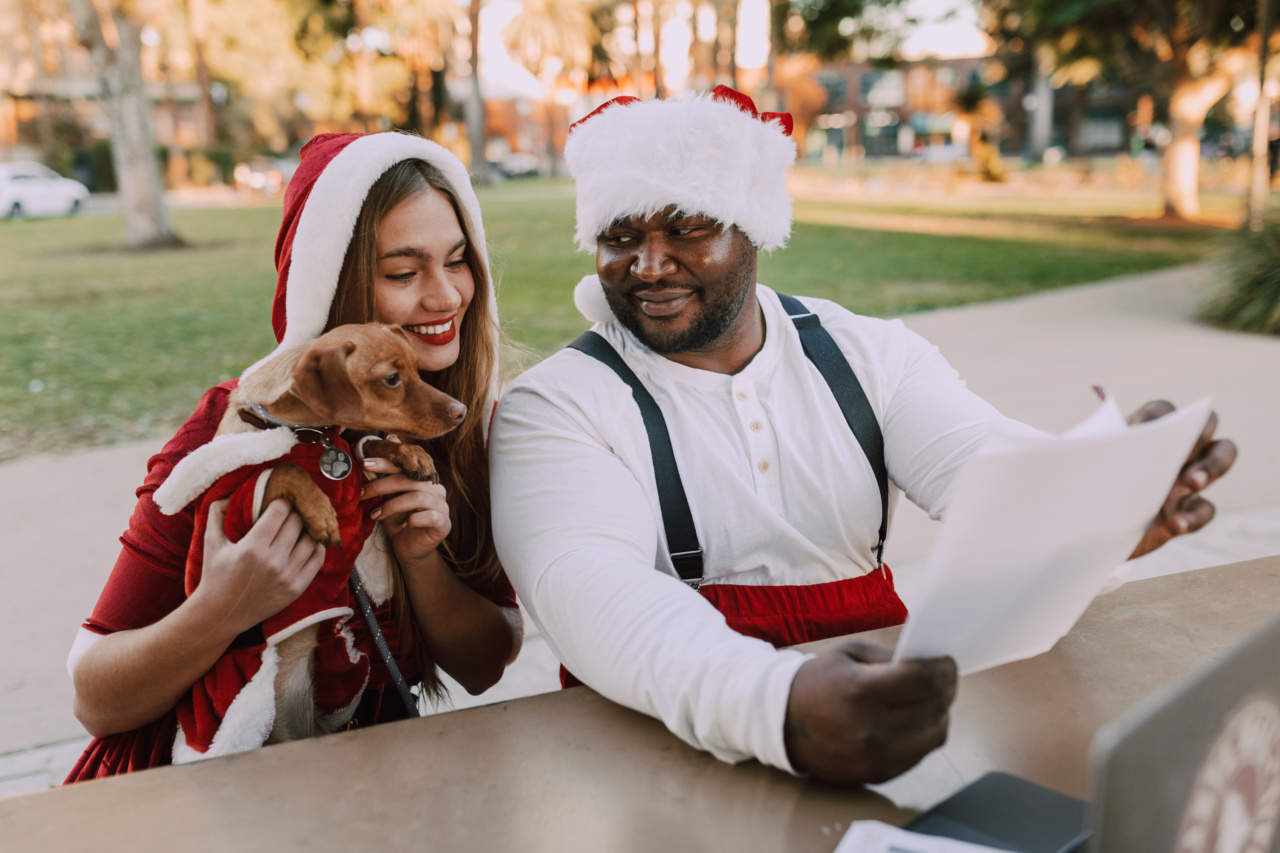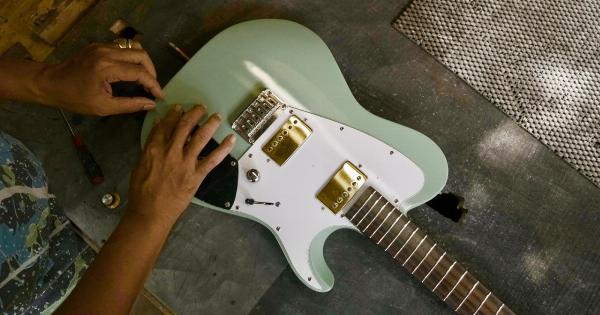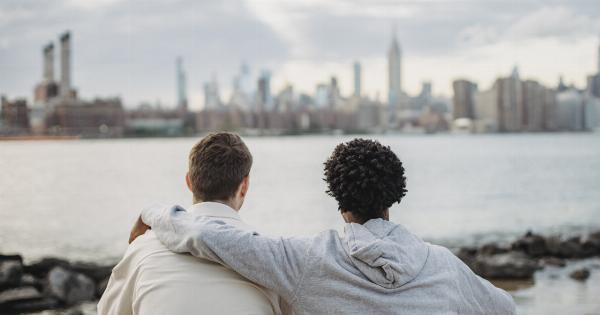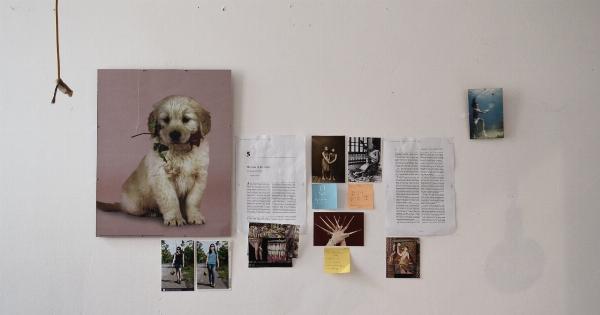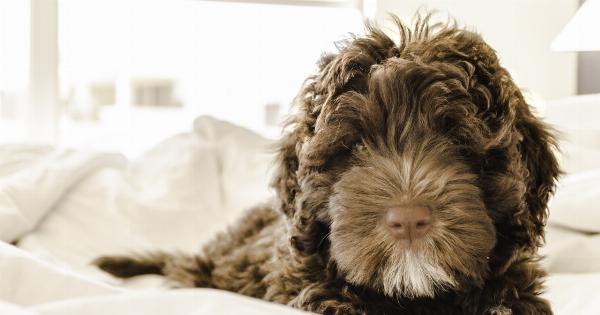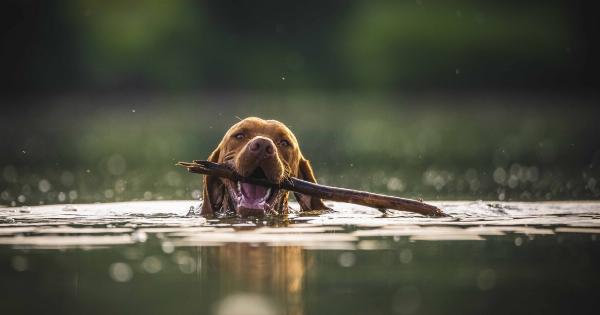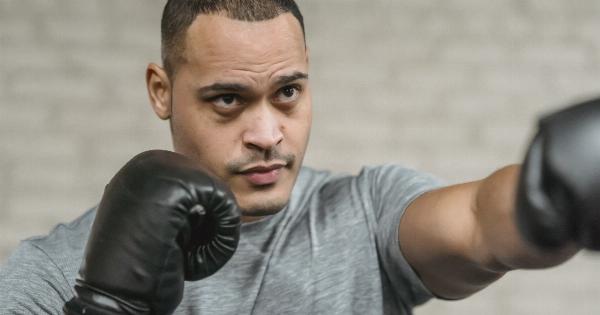As a new puppy owner, you are probably wondering about the importance of taking your furry friend out for their first exit. Puppies are incredibly adorable and deserve all the love and attention we can give them.
But when it comes to their potty training, their first exit is a crucial moment that sets the foundation for their entire training. In this article, we’ll dive into why the first exit matters for your puppy and how you can make it a positive experience for both of you.
The Science Behind Potty Training
Before we get into the “how” of taking your puppy out for their first exit, let’s take a quick look at the science behind it.
Puppies are not born with the ability to control their bladder or bowels, and it takes time for their muscles and nervous system to develop enough to do so. Experts estimate that puppies can hold their bladder for about one hour per month of age. This means that a 2-month-old puppy can hold their bladder for about 2 hours, while a 6-month-old puppy can hold it for about 6 hours.
The key to successful potty training is to teach your puppy to recognize the feeling of a full bladder or bowel and to associate that feeling with going outside to do their business. This is where the first exit comes in.
By taking your puppy out for their first exit and allowing them to relieve themselves outside, you are setting the precedent that this is where they should go in the future.
Setting the Tone for Potty Training
Your puppy’s first exit can be a nerve-wracking experience for both you and your puppy. It’s important to remember that your puppy is still learning and may not understand what you want them to do.
Here are a few tips to help you set the tone for successful potty training:.
1. Establish a Routine
Dogs thrive on routine, and setting a consistent schedule for your puppy can help them learn what to expect. Try to take your puppy out for their first exit at the same time every day, such as first thing in the morning or after each meal.
2. Choose a Potty Spot
Designate a specific spot in your yard or outside your home where you want your puppy to go potty. This will help them recognize the area as their “bathroom” and make it easier for them to remember where to go in the future.
3. Use the Right Language
When you take your puppy outside for their first exit, use a command such as “go potty” or “do your business”. This will help your puppy associate those words with the act of going outside to relieve themselves.
4. Reinforce Positive Behavior
When your puppy does go potty outside, be sure to give them lots of praise and a treat. This reinforces the positive behavior and encourages your puppy to continue going outside in the future.
Potty Training Mistakes to Avoid
While it’s important to establish good habits during your puppy’s first exit, there are also some common mistakes that new puppy owners make. Here are a few things to avoid:.
1. Punishing Your Puppy
Accidents will happen during the potty training process, and it’s important to remember that your puppy is still learning. Punishing your puppy for going potty inside can actually make the problem worse and lead to anxiety or fear.
2. Allowing Too Much Free Access
While it’s important to give your puppy plenty of room to play and explore, allowing them free access to your home can make it difficult to monitor their potty habits.
Consider using baby gates or a crate to limit their access and prevent accidents.
3. Neglecting to Consistently Reinforce Good Behavior
“Out of sight, out of mind” is a popular saying for a reason. It’s important to consistently reinforce good habits during the potty training process.
This means giving your puppy lots of praise and treats when they go outside, even if it’s been a while since their last accident.
4. Not Being Patient
Potty training takes time and patience, and it’s important to remember that your puppy is still learning. Don’t get discouraged if your puppy has an accident or doesn’t pick up on the routine right away.
Consistency and positive reinforcement will pay off in the end.
Summary
Remember, your puppy’s first exit sets the tone for their entire potty training process. Make sure to establish a consistent routine, choose a designated potty spot, use the right language, and consistently reinforce positive behavior.
Avoid punishing your puppy for accidents, restricting their access too much, neglecting to reinforce good behavior, and getting impatient. With a little patience and lots of love, your puppy will be well on their way to successful potty training.
